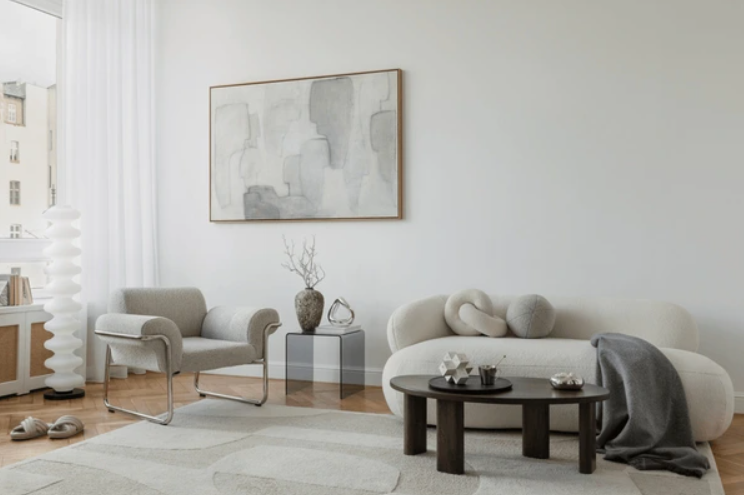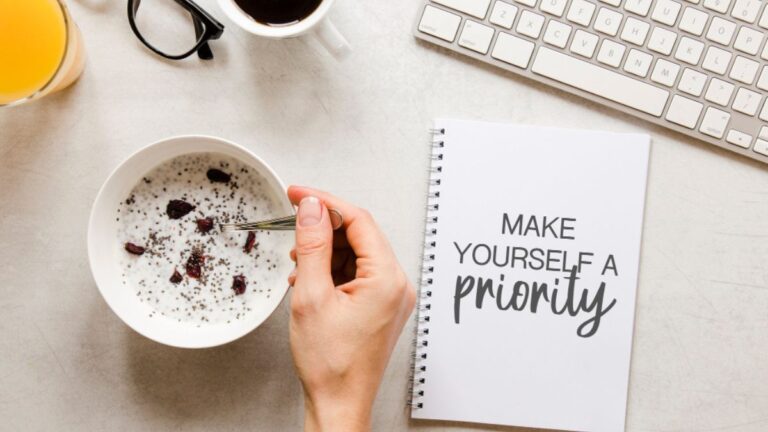Bardoek: Everything You Need to Know About This Unique Fabric
Bardoek is a fascinating and stylish fabric that has recently gained attention in the world of fashion, home décor, and crafts. Known for its smooth texture, durability, and elegant appearance, bardoek fabric offers a blend of traditional craftsmanship and modern versatility. Whether you are a designer, a tailor, or someone passionate about textiles, understanding what bardoek is and how it’s used can help you appreciate its beauty and purpose even more.
In this guide, we’ll explore everything about bardoek — from its origin and features to its uses, care tips, and growing popularity in the fashion industry.
What Is Bardoek?
Definition of Bardoek
Bardoek is a type of woven or blended fabric made with high-quality fibers that provide strength and a soft finish. It’s often used for clothing, upholstery, and décor items because of its premium feel and durability.
The Origin of the Name
The name “bardoek” has roots in textile traditions and is believed to have originated from a regional term referring to richly textured cloth. Over time, it became a symbol of comfort and luxury in many parts of the world.
Characteristics of Bardoek Fabric
Texture and Feel
Bardoek is known for its smooth, soft touch, which feels pleasant against the skin. Depending on the blend, it can have a silky or matte finish.
Strength and Durability
One of the biggest advantages of bardoek is its long-lasting nature. The tightly woven fibers make it resistant to wear and tear, perfect for everyday use.
Breathability
Unlike many synthetic fabrics, bardoek allows air to circulate, making it comfortable for all seasons — cool in summer and warm in winter.
Easy to Dye
Because of its absorbent nature, bardoek holds colors well. This makes it ideal for creative designs and bold prints.
Types of Bardoek Fabric
Cotton Bardoek
Soft, natural, and perfect for daily wear. Cotton bardoek is breathable and easy to maintain.
Silk Bardoek
Elegant and luxurious, silk bardoek is often used in high-end clothing and designer garments.
Blended Bardoek
This variety combines synthetic and natural fibers, providing both strength and affordability.
Linen Bardoek
Known for its texture and crisp look, linen bardoek is ideal for summer outfits and light home furnishings.
Uses of Bardoek Fabric
In Fashion
- Dresses, skirts, and blouses
- Formal shirts and tailored suits
- Scarves, shawls, and accessories
In Home Décor
- Cushion covers and curtains
- Sofa upholstery
- Tablecloths and bed linens
In Crafting
Bardoek is a favorite material among DIY enthusiasts who create handmade bags, wall art, and décor pieces.
Why Bardoek Is Popular in Fashion
Modern Yet Classic
Bardoek manages to blend a traditional look with modern style. Designers love it because it drapes beautifully and works for both casual and formal wear.
Sustainable Choice
When made from natural fibers, bardoek is eco-friendly and biodegradable, making it a sustainable alternative to synthetic fabrics.
Comfort and Elegance
Fashion enthusiasts admire bardoek for its comfort and the elegant appearance it provides, whether for office wear or evening outfits.
How to Identify Genuine Bardoek
Look at the Texture
Real bardoek feels smooth but firm. Counterfeit versions may feel too glossy or rough.
Check the Weave
Genuine bardoek has tight, consistent weaving. Loose or uneven patterns usually indicate a fake or low-quality fabric.
Observe the Shine
High-quality bardoek has a subtle, natural sheen—not an artificial gloss.
Caring for Bardoek Fabric
Washing Instructions
- Always check the label before washing.
- Use mild detergent and cold water.
- Avoid bleach or harsh chemicals.
Ironing Tips
Iron bardoek on a medium setting. For delicate types like silk bardoek, place a thin cloth between the iron and the fabric to avoid shine marks.
Storage Advice
Keep bardoek items in a cool, dry place. If possible, hang clothing instead of folding it to prevent creases.
Bardoek in Home Interiors
Stylish and Durable Upholstery
Bardoek’s strength makes it perfect for sofas, chairs, and headboards. It adds sophistication and can handle regular use.
Curtains and Drapes
Its ability to fall gracefully makes it ideal for curtains. It also blocks light effectively while maintaining elegance.
Decorative Touches
From throw pillows to wall hangings, bardoek fabric can be used to bring color, pattern, and warmth into your home.
How Designers Use Bardoek
For Custom Tailoring
Fashion designers often choose bardoek for its easy tailoring and perfect fit. The material holds its shape, making it ideal for structured designs.
For Creative Collections
Many designers experiment with bardoek for creating eco-friendly, sustainable fashion lines due to its versatility and texture.
For Seasonal Wear
Because bardoek can be blended for different climates, it works beautifully for all seasons — cool cotton bardoek in summer, rich silk bardoek in winter.
Bardoek vs. Other Fabrics
Bardoek vs. Cotton
While both are breathable, bardoek has a smoother texture and more elegant fall.
Bardoek vs. Polyester
Bardoek feels more natural and luxurious, while polyester is synthetic and less breathable.
Bardoek vs. Linen
Linen is crisp and airy, but bardoek offers a softer, smoother texture that’s easier to manage.
Sustainability of Bardoek
Eco-Friendly Production
Many producers now use sustainable farming and weaving techniques to reduce environmental impact.
Recyclable Material
Natural-fiber bardoek can be recycled and repurposed, making it an excellent choice for green-conscious consumers.
Ethical Manufacturing
Brands using bardoek often focus on fair labor and eco-friendly dyeing processes, aligning with global sustainability standards.
Where to Buy Bardoek Fabric
Online Stores
Many online fabric shops now stock bardoek in various colors and textures. You can easily order samples before making large purchases.
Local Markets
Traditional textile markets often carry authentic bardoek. Buying locally supports artisans and small-scale weavers.
Fashion Retailers
Some clothing brands now offer ready-made bardoek apparel, ranging from dresses to formal shirts.
How to Use Bardoek for DIY Projects
Home Décor
Turn leftover bardoek pieces into pillow covers, napkins, or runners for a custom touch.
Clothing Accessories
Use scraps to make scarves, belts, or fabric jewelry for a unique fashion statement.
Crafts and Gifts
Bardoek’s fine texture makes it ideal for handmade gifts like tote bags and fabric art.
Common Mistakes When Handling Bardoek
Using Harsh Detergents
Strong chemicals can fade colors and weaken fibers. Always go for gentle, fabric-safe detergents.
Overdrying
Avoid direct sunlight for drying bardoek as it may shrink or lose sheen.
Improper Ironing
Excess heat can damage the surface, especially in blended types. Always test the heat level on a small section.
The Future of Bardoek Fabric
Growing Market Demand
As sustainability and luxury fabrics become more popular, bardoek is expected to gain even more traction globally.
Innovations in Weaving
Manufacturers are experimenting with new blends and weaving patterns to make bardoek more adaptable for modern fashion.
Increased Awareness
With social media and eco-conscious campaigns, more people are learning about bardoek’s benefits and timeless appeal.
Conclusion
Bardoek is a versatile, elegant, and durable fabric that perfectly bridges tradition and modernity. From high-end fashion to home décor, it delivers comfort, beauty, and sustainability in one package. Whether you’re a designer, crafter, or homeowner, incorporating bardoek into your lifestyle is both stylish and practical.
This fabric isn’t just about looks—it’s about a mindful approach to fashion and living. Its rich texture, durability, and eco-friendly qualities make bardoek one of the most promising fabrics for the future.






